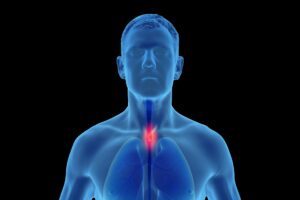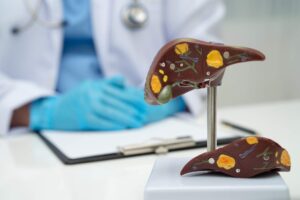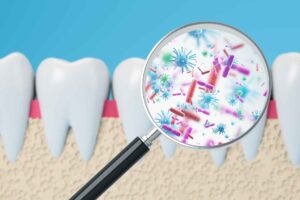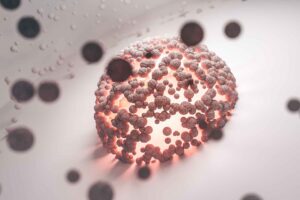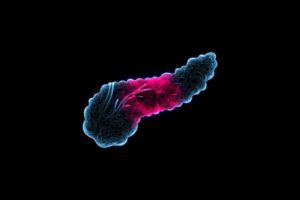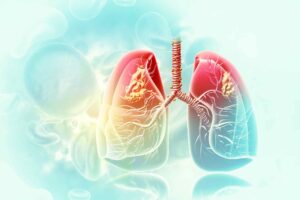Scientific News
Events
Celine Druart, Executive Director at Pharmabiotic Research Institute, discusses the 10th Pharmabiotics Conference in Brussels, from microbiome biomarkers and One Health to key regulatory developments shaping live biotherapeutic products.
Video
Veronica Ojetti, gastroenterologist at San Carlo di Nancy Hospital (Italy), presents findings from a single-center pilot study assessing the effects of L. reuteri LMG P-27481 on the gut microbiota and…
Neuroscience
Future studies should have clearly defined hypotheses, adequate sample size, standardized protocols, and replication using multiple independent approaches.
Gastroenterology
Changes in gut bacteria raise a child’s chances of developing IBD later in life, offering clues to why the conditions sometimes runs in families.
Gastroenterology
Francesca Ponziani from Gemelli University Hospital (Italy) highlights how the gut microbiota can become a clinical tool for identifying and stratifying patients, clarifying pathogenic mechanisms, and opening up new therapeutic…
Oncology
Certain harmful microbes in the mouth appear to promote cancer development, while others might help protect against it.
Endocrinology
Researchers set up a clinical trial to study how glucocorticoids affected the gut microbiota, metabolism, and immunity in healthy young men.
Video, Gastroenterology
Federica Facciotti, from University of Milano Bicocca, focuses on how the gut microbiota interacts with immune activation, shaping both chronic inflammatory intestinal disorders and oncology, particularly colorectal cancer.
Gastroenterology
Gut bacteria help protect the liver by breaking down sorbitol, a sugar made from glucose in the gut.
Dentistry
The researchers created a microbial catalog, which they called HROM (human reference oral microbiome), containing 72,641 high-quality genomes from 3,426 species.
Video
Duccio Cavalieri, professor at the University of Florence, shifts the spotlight from bacteria to the less-explored fungal and yeast communities of the microbiome, highlighting their emerging role in shaping host…
Oncology
Diet and gut microbes can shape immune cell function and improve responses to anti-cancer therapy.
Gastroenterology
A gut bacterium, Clostridium steroidoreducens, can chemically modify steroid hormones, including those used to treat IBD.
Video
Microbiomepost conducted an exclusive interview with George Paraskevakos, Executive Director at International Probiotic Association in order to discuss the global market of biotic products in 2025.
Gastroenterology
L. mucosae and L. ruminis can produce serotonin in the gut, where it promotes nerve growth and regulates intestinal motility.
Gastroenterology, Uncategorized
Researchers have found that certain gut bacteria and their metabolites differ between IBS subtypes.
Video
Ger T. Rijkers, University College Roosevelt, Netherlands, discusses the regulatory frame about probiotics in Europe.
Oncology
Results of a recent study showed reduced microbial diversity and distinct microbial profile in the two groups of PC patients.
Video
Mike Holland, who has spent decades valuing the health and economic impacts of policy choices for the European Commission, the European Environment Agency and the OECD, discusses the economic impact…
Oncology
Changes in gut bacteria, especially Akkermansia, could predict treatment success in people with lung cancer.





